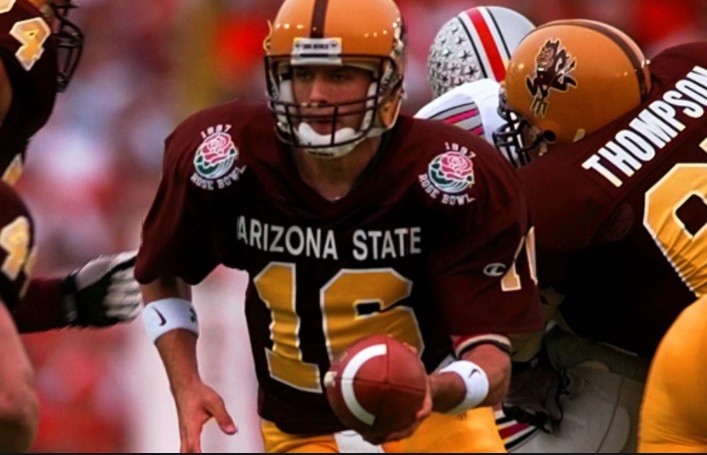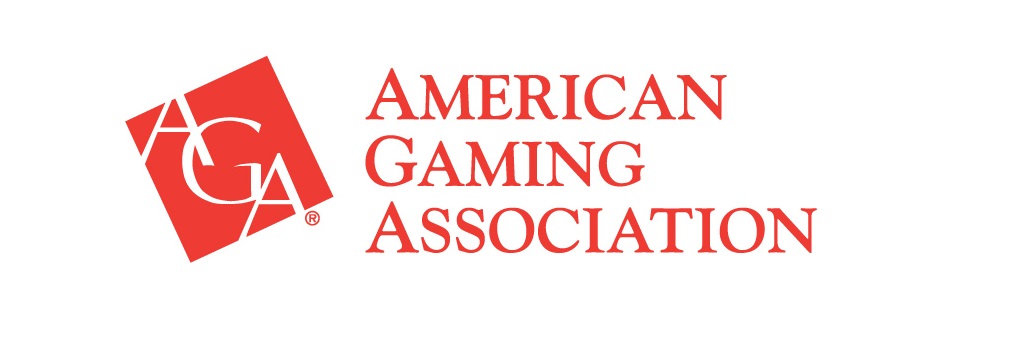The Arizona House easily passed a sports betting legalization bill Thursday, sending the proposal to the Senate and building hope legal wagering could come to the state.
The bipartisan, 48-12 vote sends the bill to the Senate where it must clear multiple committees and the full floor before earning Republican Gov. Doug Ducey’s signature.
The House bill — supported by Ducey, the state’s Native American gaming tribes, professional sports leagues and top sportsbook operators — could face stiffer political and logistical traction in the upper chamber. Sen. David Gowan, the Republican Senate Appropriations chair, is advancing a competing sports betting bill that incorporates historic horse racing authorization into the House bill’s framework and remains a major stumbling block.
Still, the lopsided House vote has reinvigorated supporters’ hopes that online and retail sports betting is heading toward legalization in Arizona.
The House bill would permit up to 10 mobile and retail gaming licenses for Native American tribes and 10 more for professional sports teams. Certain pari-mutuel horse tracks and off-track betting parlors could apply for one of 10 additional retail-only sports betting licenses.
Daily fantasy sports would also be legalized and regulated in the bill. Arizona is among a handful of states without operating DFS providers.
Ducey championed the bill as part of more substantial negotiations with the tribes on the gaming compact, the overarching agreement that regulates the state’s tribal gaming. Multiple tribal leaders supported the bill and the compact during hearings last month.
Ducey’s office and the tribes say they have an agreement in principle but are awaiting legislation such as the sports betting bill before finalizing the deal.
Top sportsbooks such as FanDuel, DraftKings and BetMGM are also behind the bill. These and other leading brands such as William Hill, PointsBet and Penn Nationals’ Barstool Sportsbook would also likely seek market access.
If passed, Arizona would join Illinois and Washington D.C. as the only jurisdictions with in-stadium sportsbooks. The Arizona Cardinals, Arizona Diamondbacks, Arizona Coyotes and Phoenix Coyotes would all receive sportsbook licenses, as would the TPC Scottsdale golf course, home of the PGA Tour’s annual Phoenix Open, and the Phoenix Raceway motorsports track.
Sponsor Rep. Jeff Weninger said before Thursday’s floor vote that the remaining four licenses could be eligible for other professional sports leagues and a future franchise relocation incentive.
Officials estimate the new gaming expansion would generate as much as $42 million in annual tax revenues at maturity, depending on market participation. State gaming regulators would also need to promulgate sports betting rules and licensing fees, among other regulations.
Supporters hope sportsbooks could accept initial wagers in late 2021 or early 2022 if Ducey signs the bill into law by the legislative session’s June conclusion.
The House bill’s Senate companion was passed over in committee and instead incorporated into a separate historic horse racing (HHR) legalization proposal. HHR terminals, which allow wagering on previously conducted horse races and act like slot machines, are vehemently opposed by the tribes.
The tribes consider this a revenue threat, and the sportsbook operators, which would not benefit from HHR terminals, will not support the current Senate version. This threatens the delicate House bill coalition and the broader compact negotiations.























